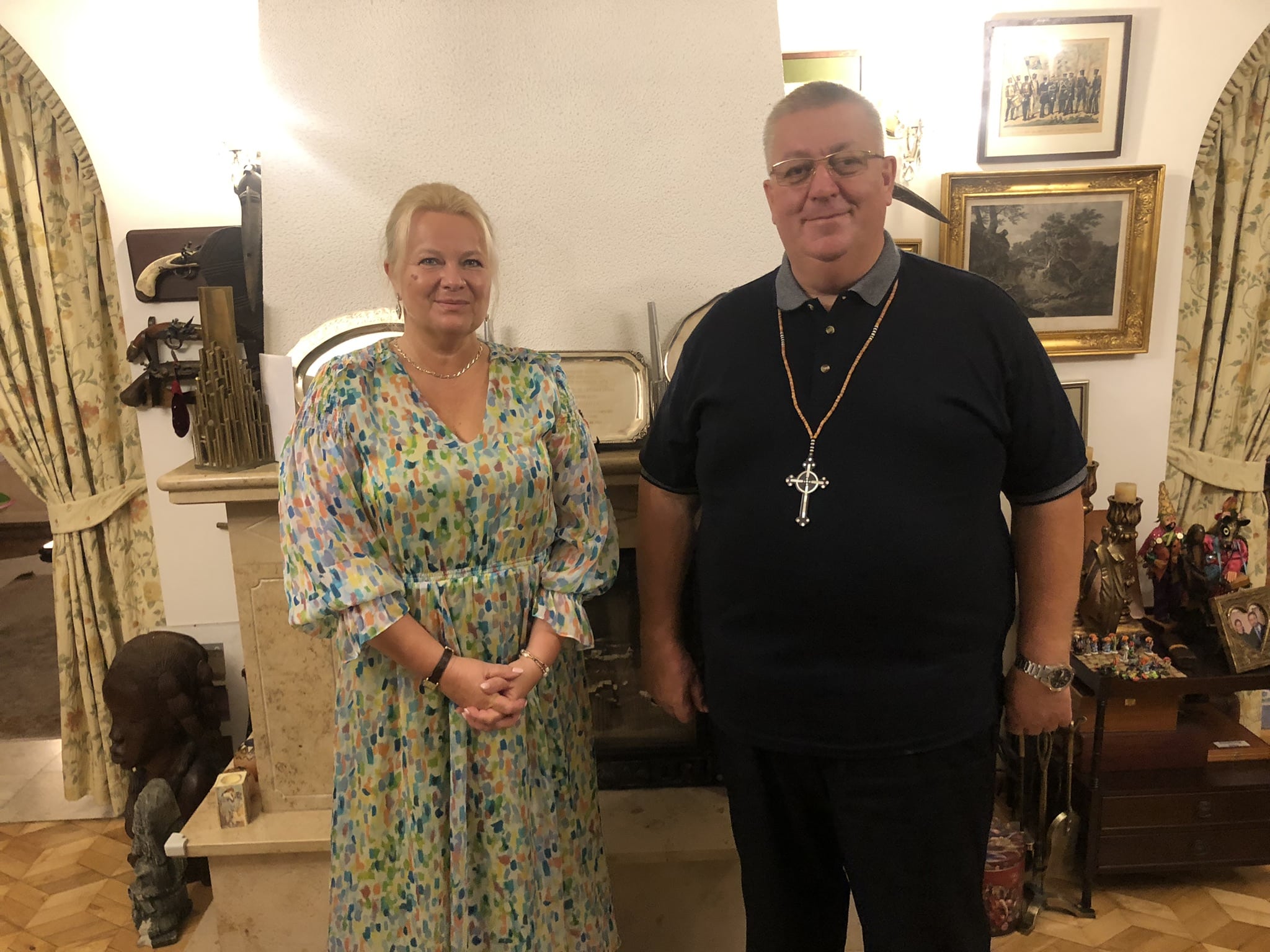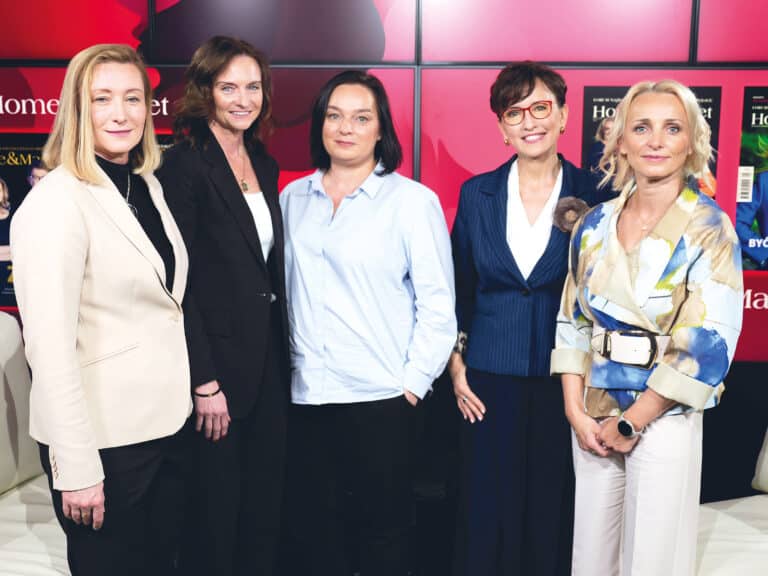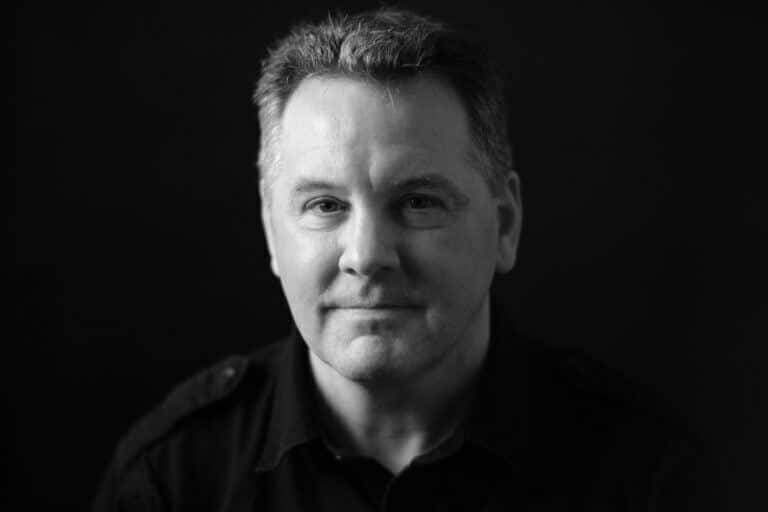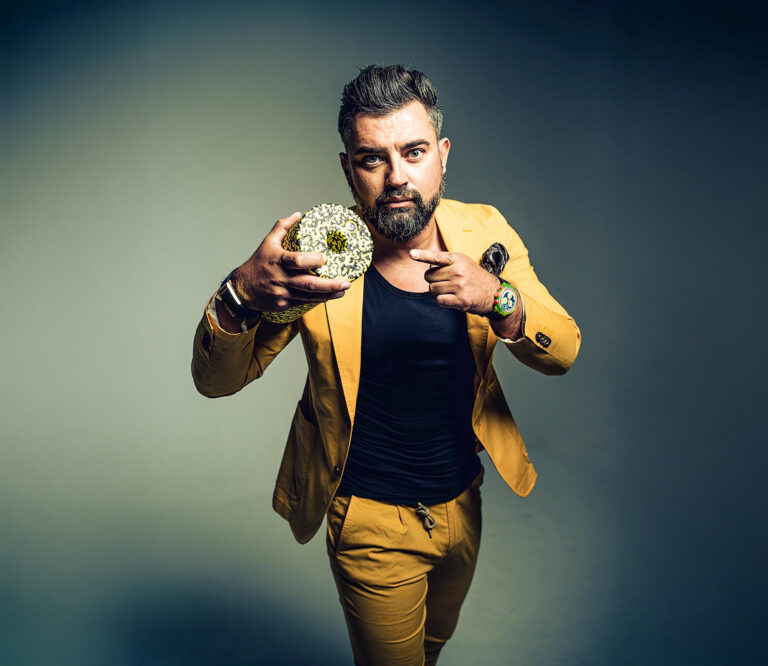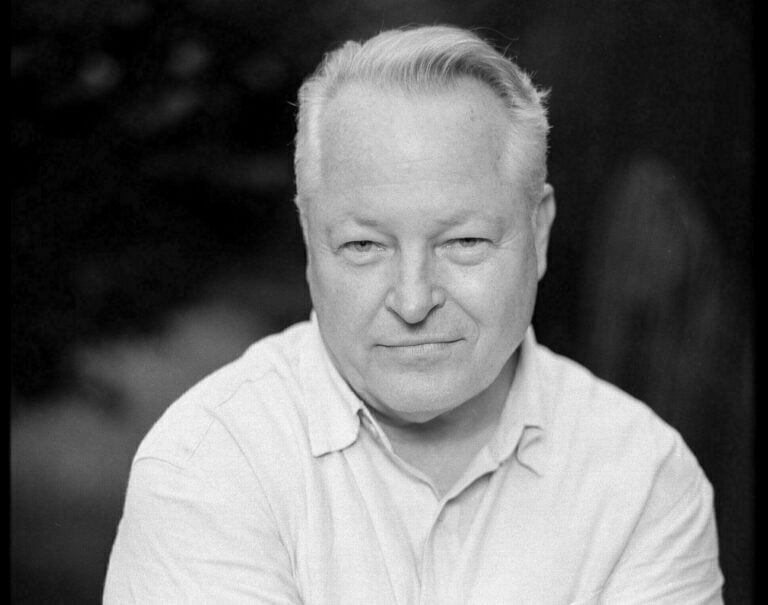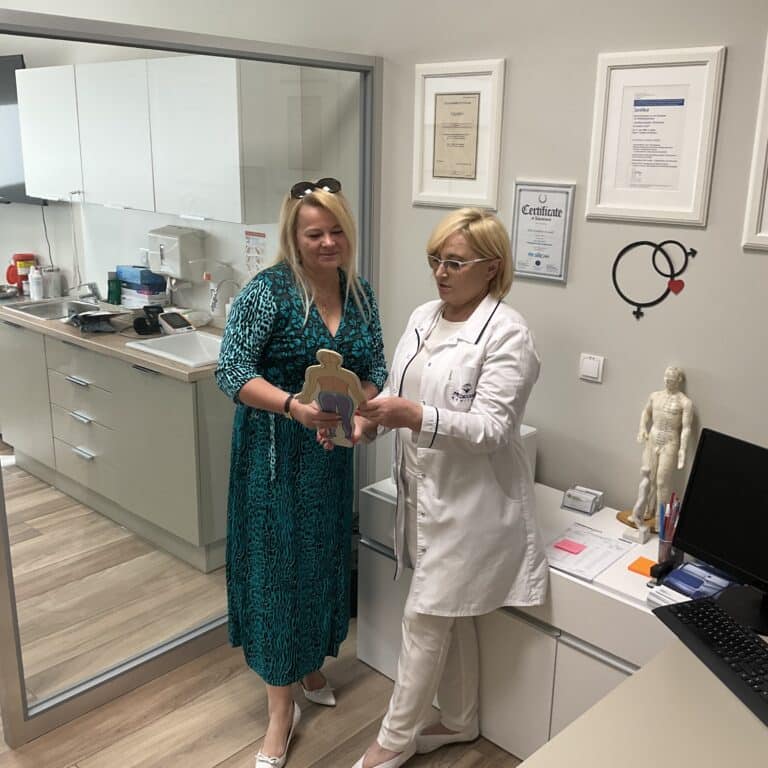Q&A with Bishop Józef Roszyński
His Excellency, Bishop Józef Roszyński. Verbist – Divine Word Missionaries, has been serving for 30 years in Papua New Guinea, as bishop of the Diocese of Wewak in East Sepik Province, Catholic Diocese of Wewak.
His Excellency, Bishop, I am very glad that we had a chance to meet during such an eventful visit. How often do you visit Poland?
Basically every 3 years, if there are no medical contraindications. However, in the Covid situation, I had to delay my arrival. I usually fly to Poland for a period of 3 months. During this time, I do a complete health check up to ensure I have the peace of mind for the next three years.
For many years you have been carrying out your work in Papua New Guinea. How many years have you been there and why Papua New Guinea?
It has been 30 years since I went to this beautiful country at the end of the world and that was the reason for choosing this country. I wanted to go as far as possible. And it just turned out that Papua New Guinea is at the end of this world.
My wish was to work in a country that would not threaten me with the development of civilization. I wanted to work with people living far from civilization. With people who live close to nature.
Please tell us about this country, so distant from Poland.
Papua New Guinea is a wonderful country. It is simply a beautiful paradise. I think it will be one of the most popular tourist destinations in the future. We have practically everything from high mountains at 4,700 m to beautiful islands with white sand beaches and crystal blue water. There is climate diversity. In summer the days are very warm and the nights are cooler. The temperature reaches several degrees at night. However, our coast has a typical tropical climate. It is very warm all year round, but we also have a lot of humidity. But despite this, the waters of the Pacific are always warm. The water is always clean, crystal clear. The population of Papua New Guinea is very diverse, even just looking at people you can see what region of the country they come from. More than 800 local languages are spoken in New Guinea. This shows how diverse this society is. As a result, local culture and rituals are very diverse too. During local rituals, the inhabitants decorate the body with various paintings as well as parrot feathers, of which there are countless species. And what’s beautiful is that everything is natural, all dyes are made of what nature offers.
I know some interesting stories from the life of a Bishop in Papua New Guinea, but which one is special for you?
The greatest event that happened was the consecration to the bishop. When the Nuncio called me, I was very sick and had a fever of 40 degrees. It was so amazing, such a shock that I thought the Nuncio was wrong, that he had chosen the wrong number. And he says that Pope Francis has appointed me a bishop, Ordinary of the Diocese of Wewak. And I was speechless for a while. Even when I was flying to the capital to meet him, until the last moment I expected that when he opened the door, he would say, no, I didn’t mean you. I meant someone else. Fortunately, when he saw me, he was very happy.
That is why I decided that the only motto that guides me and to which I entrust is the words: Jesus, I trust in You, in Tok Pidgin: Jisas Mi Trastim Yu. The preparations for the episcopal celebration were also very touching. The province is very poor, with the largest number of parishes in Papua New Guinea, but very poor. The entire diocese, wanting to host the newcomers coming to the celebration, to provide a snack. These poor people from the villages happily donated to be able to welcome everyone who came. It has been very touching for me so far, because they had to deny themselves many things in order to be able to receive guests with dignity.
Were there difficult moments and a desire to return to Poland during these 30 years?
Never, absolutely. There were, of course, hard moments. There are such moments almost every day. Like the day begins in earnest, there are already many difficult moments. But I never thought of getting out of there, no. I did not think I had had enough and wanted to come back, it absolutely never happened.
The life of missionaries in such remote places is sometimes very difficult. And I wonder if working there is so enjoyable that you forget about all the difficulties?
It is very difficult, I don’t have many things that normally everyone has access to. Difficulties with communication, difficulties with the Internet, not to mention food or other products. Struggling with your own limitations and difficulties is in a sense a joy and then you appreciate what is really important, relationships with other people, a good book, prayer. Meeting other people, various events, celebrations, but also difficult moments, we overcome together with the community. The local people have so much kindness that God gave to everyone, but many in our civilization have lost it. Such a primordial society. That is why it is easier for us to be there, because we have a kind of opportunity to touch true humanity.
What about Polish food? Do you miss Polish cuisine very much? What do you prefer to eat in Papua New Guinea?
Polish cuisine is the best in the world. So everything we manage to create based on Polish cuisine in New Guinea is really great. From the simplest things, such as bigos or pork chops, which I make myself. Sauerkraut is not that simple to have, but you can get it straight from Poland. You can also buy Polish cucumbers. Unfortunately, these are most often cucumbers produced in India and imported from Australia. And in Papua New Guinea, fruit is the best. They have such amazing flavors that it’s impossible to tell. The food is very healthy, no chemicals, no preservatives. Spices are not used much as the local flavors are very strong. Of course, the crawfish, shrimp, lobster. The waters are perfectly clear so the seafood tastes great.
Soon you will be back home. What are your plans for the future? When can we expect you again in Poland?
Perhaps I will be in Poland next year for a short time, because we are visiting the Holy Father. All bishops of the world have such a visit to the Pope every five years, so I will probably come next year. My plans for the future are to lose weight, live a good life and grow in holiness. We want to build a large technical school. As our province is cut off from the rest of the country, In order to get away unfortunately, you have to fly by plane and these are high costs, so if young people leave us somewhere far away to other schools, they usually do not come back to us anymore. It is my wish that these young people stay in the province and be able to help develop our province.

